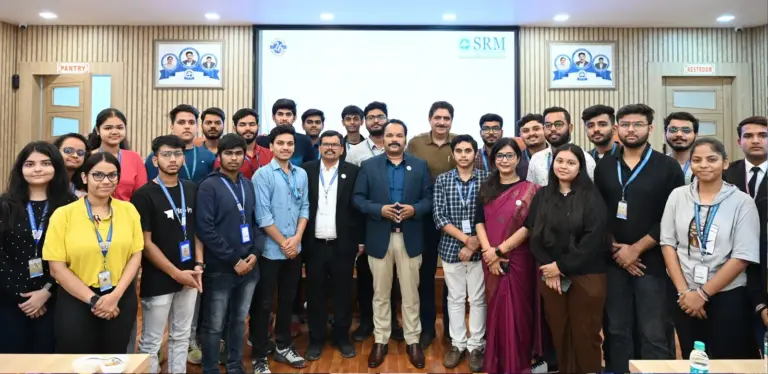The Future of Online Learning for Arts and Humanities: Crickbet99, Sky 99 exch id, Reddy anna casino
crickbet99, sky 99 exch id, reddy anna casino: The world of online learning has seen significant growth in recent years, and this trend is expected to continue into the future, especially in the arts and humanities fields. As technology advances and more people seek flexible learning options, online education for arts and humanities subjects is becoming increasingly popular.
Traditional education in the arts and humanities often relies on in-person instruction, group discussions, and hands-on experiences. However, online learning platforms are now offering innovative ways to replicate these traditional methods in a virtual setting. Students can participate in live webinars, virtual group projects, and interactive discussions to engage with their peers and instructors.
One of the key advantages of online learning in the arts and humanities is the flexibility it offers. Students can access course materials and lectures at any time, allowing them to learn at their own pace. This flexibility is especially beneficial for working professionals or those with busy schedules who may not be able to attend traditional classes on a regular basis.
Another benefit of online learning in the arts and humanities is the ability to reach a wider audience. Students from all over the world can enroll in online courses from top universities and institutions, allowing for a diverse range of perspectives and experiences in the virtual classroom. This global connectivity can enrich discussions and foster a more collaborative learning environment.
As online learning continues to evolve, we can expect to see even more interactive and immersive experiences for arts and humanities students. Virtual reality technology, for example, could be used to create virtual art galleries or historical reenactments, providing students with a more engaging and realistic learning experience.
In conclusion, the future of online learning for arts and humanities subjects is bright. With advancements in technology, increased accessibility, and innovative teaching methods, online education is poised to revolutionize the way we learn in these fields. Whether you’re a lifelong learner or a working professional looking to expand your knowledge, online learning offers a flexible and engaging way to explore the arts and humanities.
FAQs
1. Are online degrees in the arts and humanities respected by employers?
Online degrees in the arts and humanities are becoming more widely accepted by employers, especially from reputable institutions. It’s essential to do your research and choose a program that is accredited and well-regarded in your field.
2. Can online learning in the arts and humanities be as effective as traditional classroom instruction?
While online learning may have some limitations compared to traditional classroom instruction, it can be just as effective when designed and delivered effectively. Engaging with course materials, participating in discussions, and seeking feedback from instructors are key to success in online learning.
3. How can I stay motivated in an online arts and humanities course?
Setting specific goals, creating a study schedule, and staying connected with your classmates and instructors can help you stay motivated in an online arts and humanities course. Remember to take breaks, stay organized, and reach out for support when needed.







